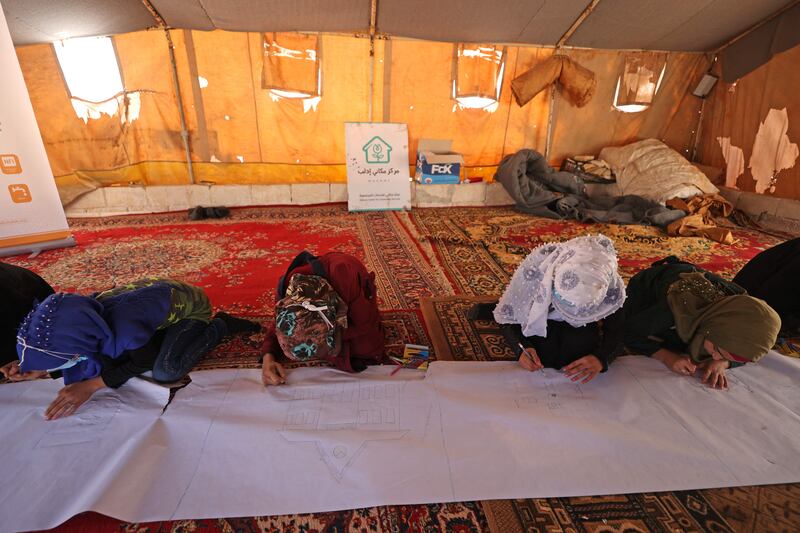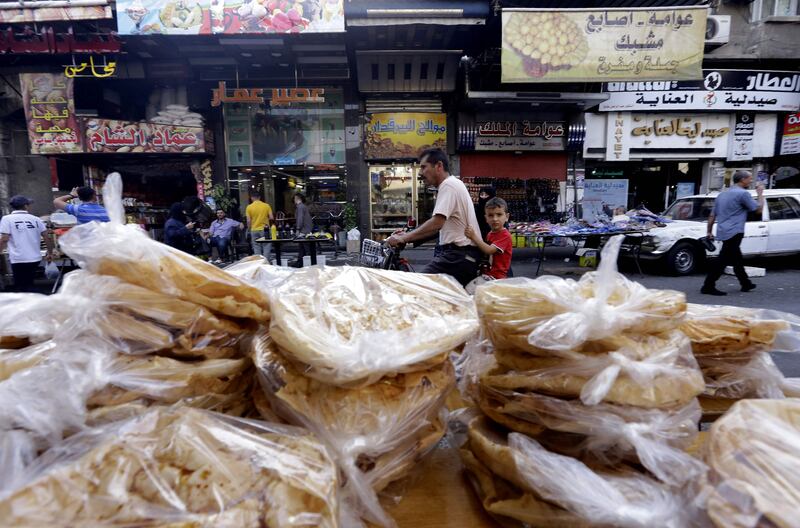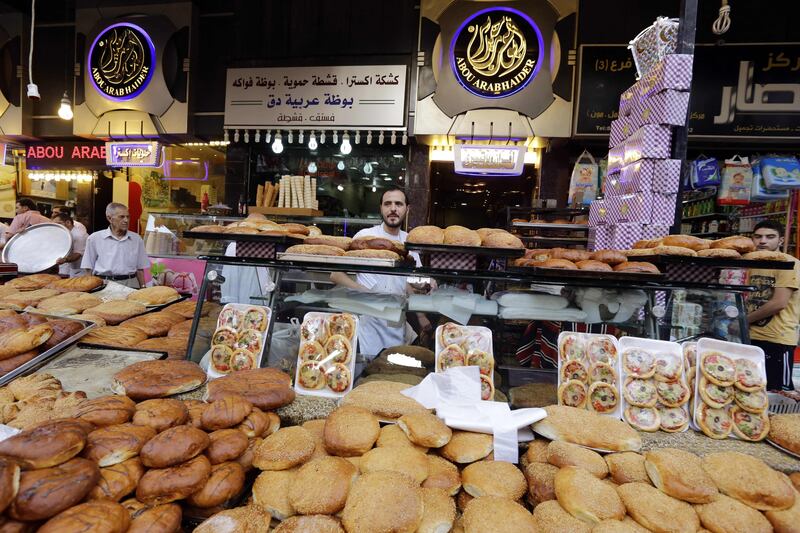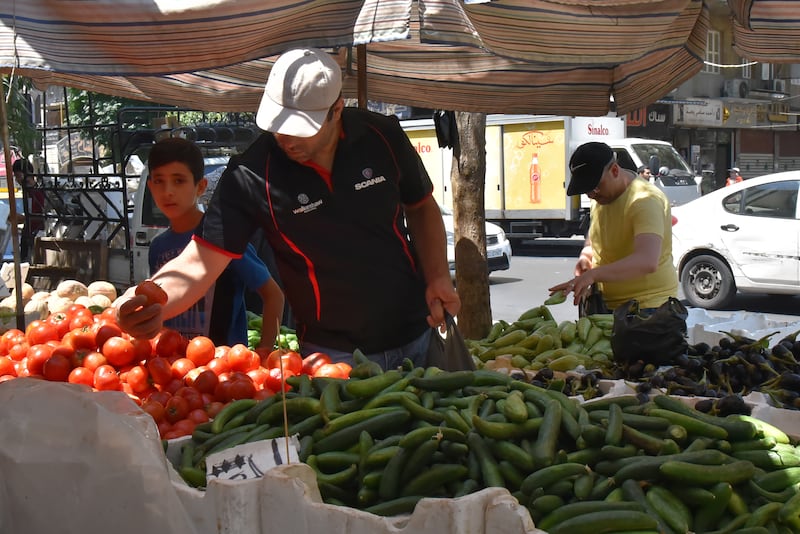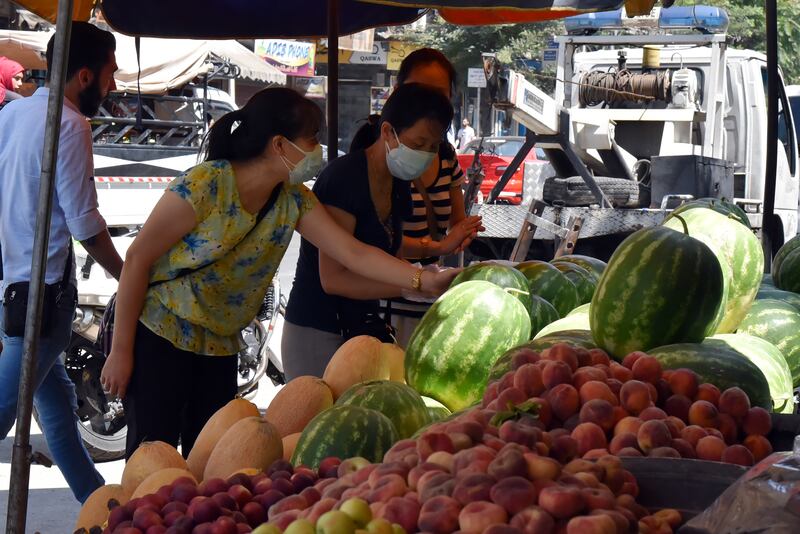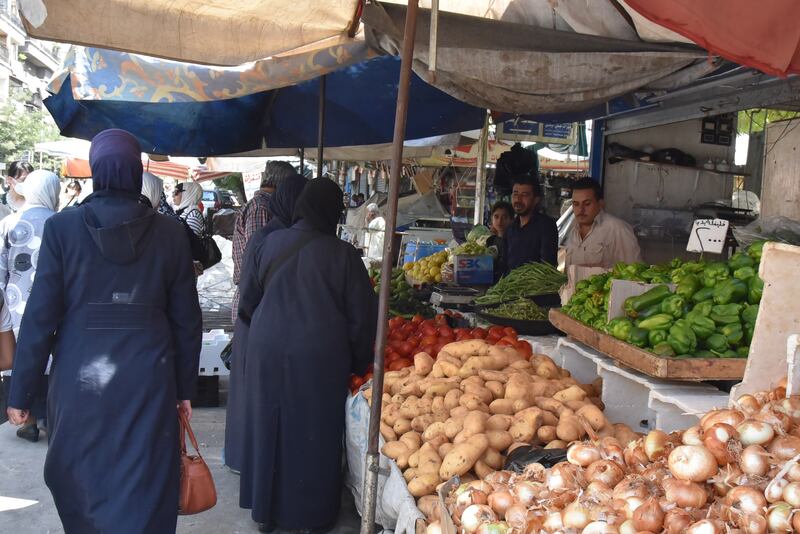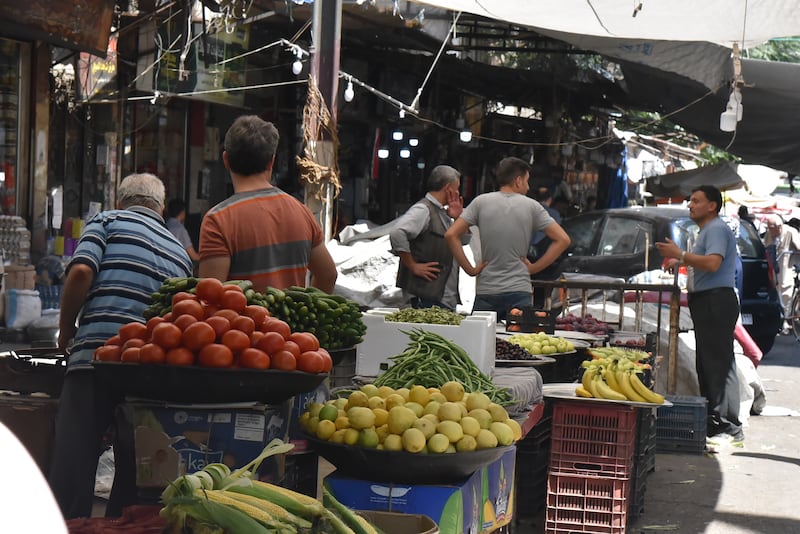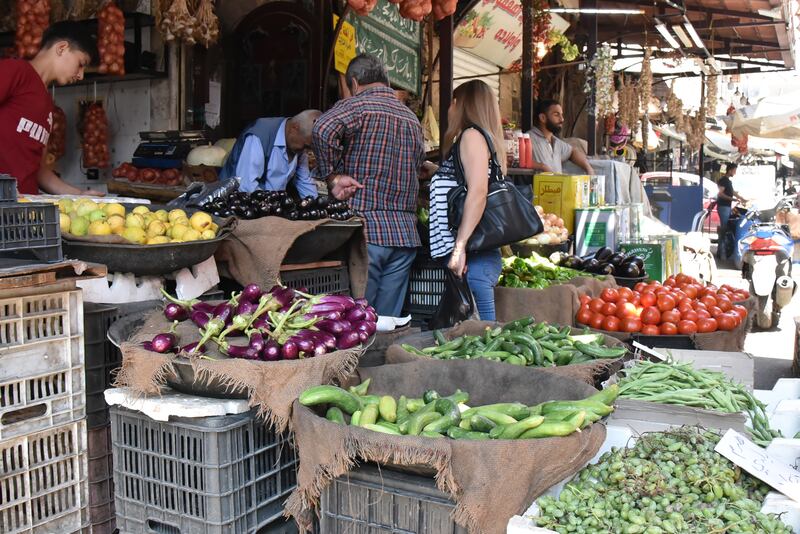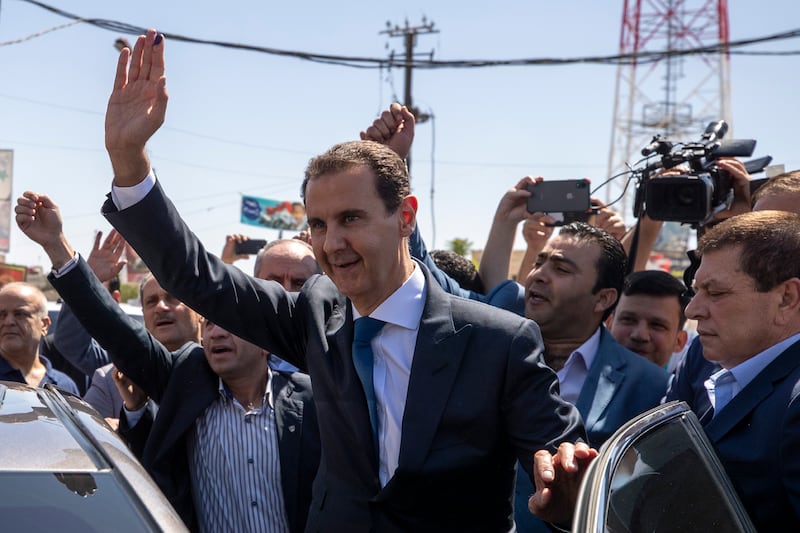The US on Wednesday announced that it is expanding humanitarian exemptions in its stringent Syria sanctions regime.
The Treasury Department published an updated list of Syria sanctions regulations which provides more leeway for non-governmental organisations to deliver humanitarian aid to the war-torn country.
The expanded sanctions exemptions go into effect on Friday.
“The US government prioritises expanding humanitarian access throughout Syria to alleviate the suffering of the Syrian people, who continue to face armed conflict, food insecurity and the Covid-19 pandemic,” said Andrea Gacki, who oversees sanctions at the Treasury Department.
“The US remains committed to ensuring that humanitarian assistance from the international community, including early recovery-related humanitarian activities, reaches Syrian civilians.”
However, she added that “the United States continues to focus on deterring the malign activities of [Syrian President] Bashar Al Assad, his regime, cronies and foreign enablers, as well as terrorist groups, including by limiting their ability to access the international financial system and global supply chains".
The US Congress passed the Caesar Syria Civilian Protection Act in 2019, which states “that diplomatic and coercive economic means should be utilised to compel the government of Bashar Al Assad to halt its murderous attacks on the Syrian people and to support a transition to a government in Syria that respects the rule of law, human rights and peaceful coexistence with its neighbours".
It also takes aim at the Assad government and its international backers — as well as the Syrian Central Bank.
The Kurdish administration in north-eastern Syria has been pushing the administration of US President Joe Biden to waive the Syria sanctions for their region — so far to no avail.
The State Department has requested $125 million in economic aid for Syria for Fiscal Year 2022.
Because the US maintains an official policy of withholding aid from Assad-controlled areas in Syria, most of that assistance is likely to go to the Kurdish-dominated administration in the north-east.
The Biden administration has also maintained that a pipeline running through Syria to deliver natural gas from Egypt into Lebanon to address the Lebanese fuel crisis would not breach US sanctions — drawing criticism from some Republicans in Congress.
Heiko Wimmen, director of the Syria programme at the International Crisis Group, saw the Biden administration’s announcement as another indication of its continued departure from former president Donald Trump's policy on Syria.
“We are witnessing a general tendency [from the Biden administration] to show more flexibility about drawing the line between what counts as early recovery and hence falls under the humanitarian exception, and what is considered reconstruction,” Mr Wimmen told The National.
This month, the Treasury Department issued another clarification allowing the UN and the US to conduct stabilisation, early recovery-related activities and transactions in Syria.
This is a contrast to the more rigid approach under Mr Trump.
Mr Wimmen said, in theory, the move could strengthen the defence of the sanctions structure in Syria by focusing it on the Assad regime and not the people.
“By providing more precise and generous definitions of what is humanitarian, you can draw that distinction and perhaps also deflate some of the criticism against the sanctions regime,” Mr Wimmen argued.
The Biden administration has prioritised humanitarian access to the war-ravaged country. In July, the UN Security Council agreed to extend a cross-border aid operation into Syria from Turkey.
That agreement followed US-Russian negotiations that led to a compromise with Moscow. But this is set to expire at the end of January unless the council grants a further extension.
